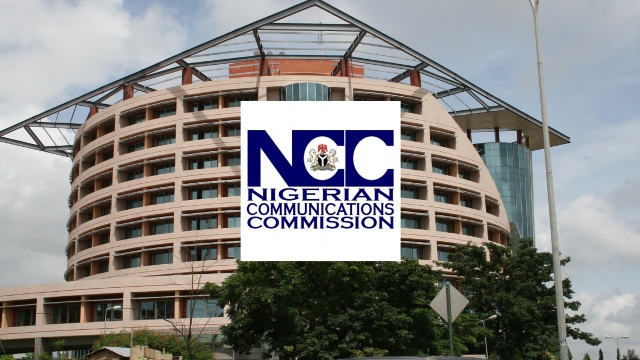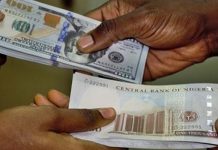Despite telecom operators’ desire to raise the cost of services, the Nigerian Communications Commission (NCC) has signaled that a rise in the price of telecommunication services such as calls, data, and text messages is unlikely, at least in the medium term.
It also stated that such a plan would have to go through several stages, including stakeholder discussions and cost analyses.
Prof. Umar Danbatta, Executive Vice Chairman and Chief Executive Officer of the NCC, stated that the commission is aware of how rising diesel costs and a lack of access to foreign exchange are affecting telecom service providers.
He noted that the NCC recently received a letter from the Association of Licensed Telecoms Operators of Nigeria detailing the unfavorable working environment in which operators are currently operating despite reviewing the prices of services by 40 per cent.
Recently, ALTON sent a letter to the NCC proposing a 40 percent hike in the cost of calls, SMS, and data because of the rising cost of running a business in the nation. According to them, it is time for the price floor of calls to increase from N6.4 to N8.95 and the price cap of SMS to increase from N4 to N5.61.
In a letter titled, ‘Impact of the Economic and Security Issues on the Telecommunications Sector,’ ALTON said, “Given the foregoing, ALTON considers it expedient for the telecommunications sector to undergo periodic cost adjustments through the commission’s intervention to minimise the impact of the challenging economic issues faced by our members.”
On the sidelines of the ‘Stakeholder’s Consultative Forum on Emerging Technologies,’ on Thursday, Danbatta said, “ALTON rightly pointed out the high cost of doing business and gave a figure of 40 per cent but the chairman denied that they indicated any figure.
“To me, when you say a 40 per cent hike in telecommunication services, you need to indicate which segment of the sector. Is it voice, Internet, data? There are so many segments, broadband services. So, it is very difficult to just give a figure as the amount by which you need to see a hike for services across all segments in the telecoms industry.
“It is impossible to do it that way as that would be doing it in a way that doesn’t align with our ACT. We normally increase prices scientifically; we engage the services of consultants in the area of cost-based studies to study every segment of the sector to come up with a recommendation as to whether there is a need for an increase in the cost of services from that particular segment or not.
“And even before we come up with a determination of new prices, we carry out a stakeholder consultation. That is the rulemaking process in the NCC. Before you impose a new tariff on citizens, you subject the matter to a stakeholder consultation. They must have a say. Consumers deserve to be heard.
“It is through this process that all along we have been doing determinations. Now when you look at the voice sector, there is a cap and a ceiling within which people who provide voice service can charge for the services they are providing. And if they increase a little above what they are charging now, provided it is within, the NCC would say make sure you do this with recourse to approval. No operator should do this unilaterally.
“However, if the cap is exhausted due to the high cost of doing business, we would like to be allowed to do a cost-based study and come up with factual information that will stand the scrutiny of consumers that are been charged for the services.”
Danbatta explained that the commission was concerned about how the high cost of diesel and lack of access to forex was impacting the industry. He said the NCC has discussed the matter before the minister of communications and digital economy, Isa Pantami.
According to him, the minister is going to engage with the Central Bank of Nigeria, governor, Godwin Emefiele, on how to make forex easily accessible to telecom operators.
He added, “On the issue of the cost of diesel, everyone is paying for it. No sector is spared, for instance, the aviation sector also pays for the high cost of diesel.
“I believe the government is studying the situation very closely and will come up with a holistic remedial measure that is not restricted only to the telecoms sector because people in the aviation sector provide services to students even though we can say not every citizen provides aviation services, it is probably elitistic.
But everyone uses communication services. Farmers make calls and send text messages, so one has to be very careful before tinkering with the cost of telecommunication services as against allowing aviation operators to increase the cost of increasing aviation services. “
















